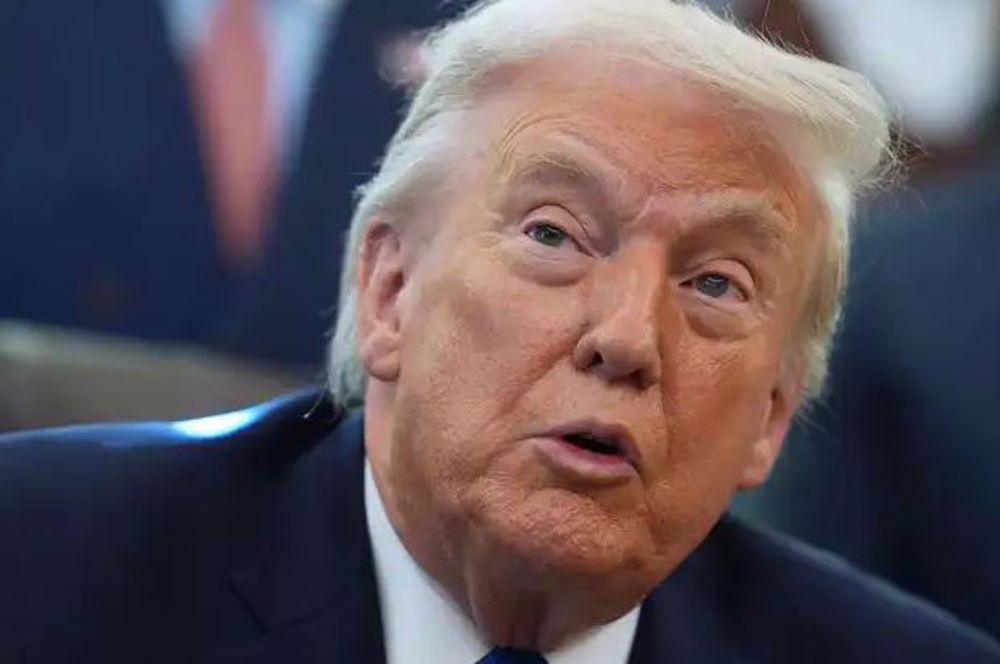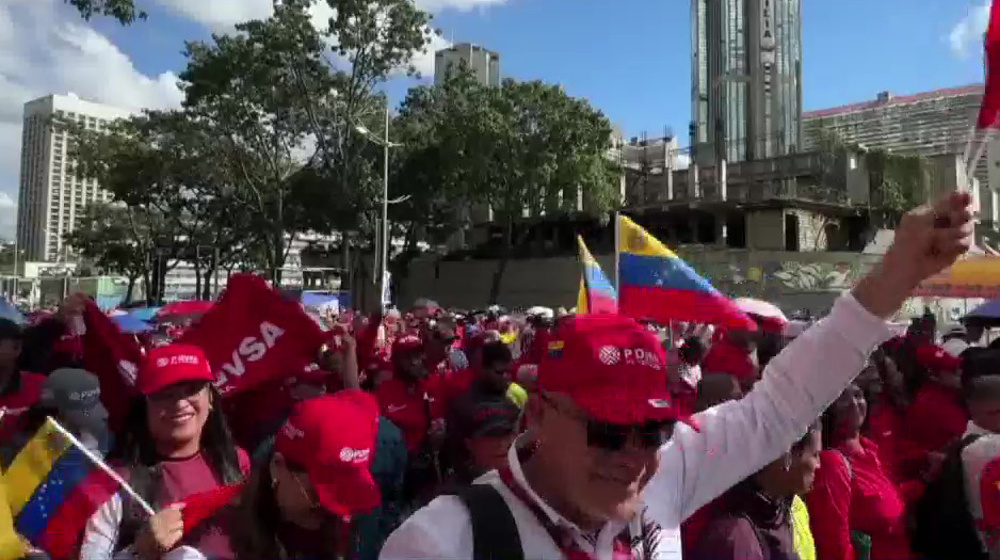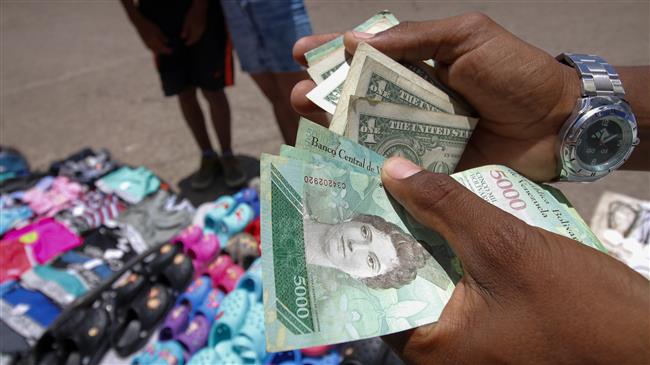Peru takes in Venezuelans even past entry deadline
Peru’s government has granted asylum to hundreds of Venezuelan migrants fleeing poverty and shortages of basic necessities at home although they missed a deadline to enter the country before new restrictions were put in place.
Peru had said last week that rules requiring the Venezuelans to show passports on entry — rather than just national identity cards — would come into effect as of August 25.
However, hundreds of migrants entered Peru after the deadline had expired.
More than 2,500 Venezuelans, some carrying small children and many having traveled mostly on foot, rushed on Friday to cross into the small Peruvian border town of Aguas Verdes in order not to miss the deadline, with thousands more trying to reach Peru at the main crossing point at Tumbes, which has seen about 3,000 arrivals per day in recent weeks.
Peruvian Foreign Minister Nestor Popolizio told a local newspaper on Saturday that Lima was considering giving a “humanitarian visa” to more Venezuelan migrants.
“There will always be a way out, you can analyze a humanitarian visa, or, if you qualify for refugee status in cases of political or religious persecution,” Popolizio said in an interview with El Comercio newspaper.
He said more migrants might thus be able to enter. “Peru will continue to maintain its position as a host country.”

Official reports indicate that over 400,000 Venezuelan migrants have entered Peru in the last two years. The country has one of the region’s fastest-growing economies, with a 4.7-percent growth rate projected for next year.
On the contrary, Venezuela, once a prosperous country, has been beset by acute economic and political crises over the past couple of years.
About 2.3 million Venezuelans have left their home country since economic hardships began in 2015 — more than 500,000 only this year — mostly for Brazil, Chile, Colombia, Ecuador, and Peru, in search of a better life.
The United Nations (UN)’s refugee agency, the UNHCR, said last week that countries in the Latin American region had welcomed Venezuelans and were helping to “avoid a situation like the one we have seen in Europe.”
“What we are seeing is a continent that has opened its doors to people who are fleeing and who need support,” said Chiara Cardoletti, the UNHCR’s deputy regional representative to the United States of America and the Caribbean.
Ecuador, too, had put in place new passport regulations for Venezuelan migrants but later reversed course.
Ecuadorian authorities on Wednesday helped hundreds of economic migrants from Venezuela reach Peru before the government in Lima tightened entry requirements for the Venezuelans. Quito created what it called a “humanitarian corridor” by sending buses to facilitate their passage.
This is while European countries have either closed their doors to or been taking in only small numbers of refugees fleeing conflict zones in the Middle East and Africa.
Hardships in Venezuela
About 90 percent of Venezuelans now live in poverty. More than 60 percent of people interviewed in a survey conducted by three universities earlier this year admitted to waking up hungry over the past three months because they lacked the means to buy food.
The International Monetary Fund (IMF) has announced that inflation in Venezuela could top one million percent by the end of this year.
The government in Caracas took drastic measures last week to stabilize the Latin American country’s ailing economy, issuing new banknotes with five fewer zeros on them.
The government of President Nicolas Maduro has blamed the United States and its sanctions for the economic hardships. The opposition has blamed government mismanagement.
An “assassination” attempt against the socialist leader earlier this month has also further polarized the political atmosphere in the country.
Explainer: How job scarcity is pushing working-class Americans to enlist in the military
Israel abducted over 100 Palestinians in West Bank since start of Ramadan: Rights group
Israel conducted 41 incursions into Syria in February amid HTS silence: Report
In letter to Araghchi, Hamas outlines repeated Israeli violations of Gaza ceasefire
Pezeshkian says ‘encouraging' signal received in US talks but Iran ready for any scenario
North Korea’s Kim re-elected Workers’ Party general secretary
Iran, Oman consult on arrangements for next round of nuclear talks
VIDEO | Protests held in Washington as AIPAC holds annual meeting for 1st time since 2020














 This makes it easy to access the Press TV website
This makes it easy to access the Press TV website